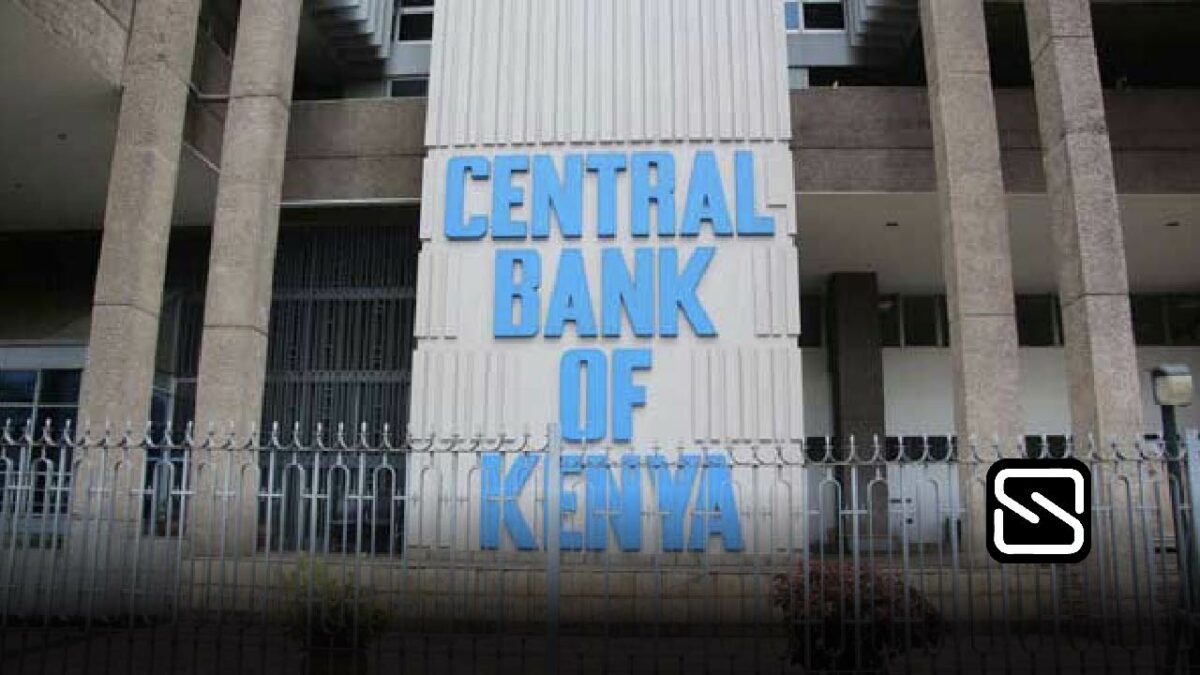Even as cryptocurrency transactions become more common, the Central Bank of Kenya (CBK) says it will continue to refuse to endorse them owing to the risks involved. Kenyans should avoid peer-to-peer (P2P) cryptocurrency transactions because they are unregulated, according to CBK governor Patrick Njoroge.
“There are people who are excited about cryptocurrencies because they see it as a sort of investment that they can win big because prices are going up quickly, so they believe they would see a huge return for their investment. But I think that is why we say for every person who wins something, there are hundreds who lose,” said Njoroge.
Njoroge warned that financial institutions that promote such transactions risk losing their licenses, speaking in Mombasa on World Consumer Rights Celebration Day 2022 on Tuesday.
“A few years back, we had issued a warning to all Kenyans and even people beyond our borders that we were seeing significant risk from cryptocurrencies not because it was unregulated but because of services it was supporting, the majority which were illegal transactions,” said the governor.
Awaiting regulation
Kenya’s central bank has been issuing circulars to local banks since 2018 advising them against dealing with cryptocurrency or trading with cryptocurrency firms. CBK, according to Njoroge, will only accept such transactions if the business has been stabilized and appropriate safeguards have been put in place to protect the public.
“We are working with other players and regulators around the world to make sure that space is safe,” he said.
Despite the regulator’s anti-crypto approach, Kenya leads Africa in crypto adoption and is rated fifth in the world, ahead of industrialized nations such as the United States, China, and South Africa, according to Chainalysis.
According to Chainalysis’ 2021 Global Crypto Adoption Index, Kenya ranks first in P2P cryptocurrency transaction volumes.
The act of purchasing and selling cryptocurrencies directly between users, without the need of an intermediary, is known as peer-to-peer (P2P) trading. In Kenya, P2P trading volume accounts for a major portion of total bitcoin activity.
Because of the Central Bank’s restriction, P2P trade volume accounts for a major portion of all bitcoin activity in Kenya.
According to Dr. Njoroge, the country has been at the forefront of technology adoption in transactions. Kenya is a global pioneer in mobile money, with a thriving digital currency sector. As of December 2021, the country had 68.03 million mobile money accounts, the majority of which were M-Pesa.
The recent launch of the Central Bank Digital Currency (CBDC) to settle cross-border payments will be a game-changer. A CBDC is money that only exists in electronic form and is issued, regulated, and backed by the government through the country’s monetary authority. CBK has released a discussion paper examining the country’s suitability for a CBDC and is requesting public feedback on the technology. The move suggests that the country is thinking about implementing the technology.
